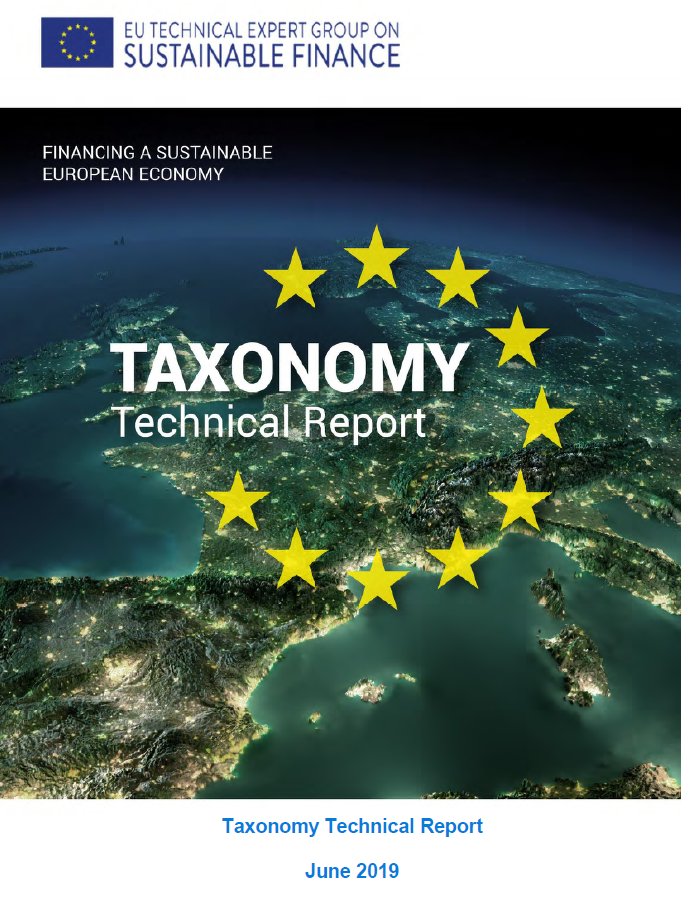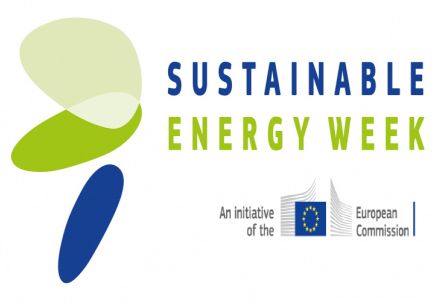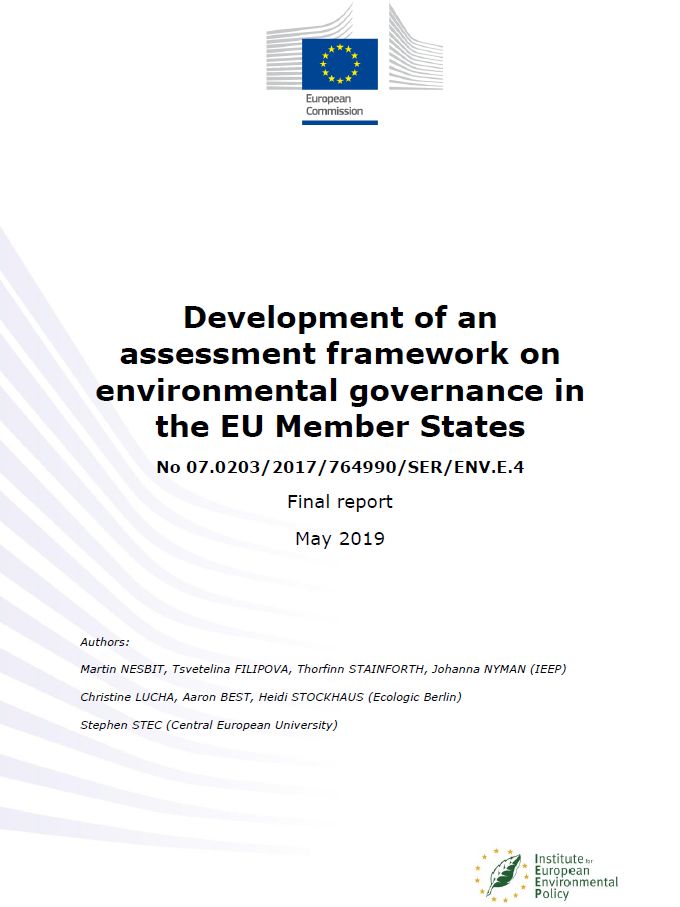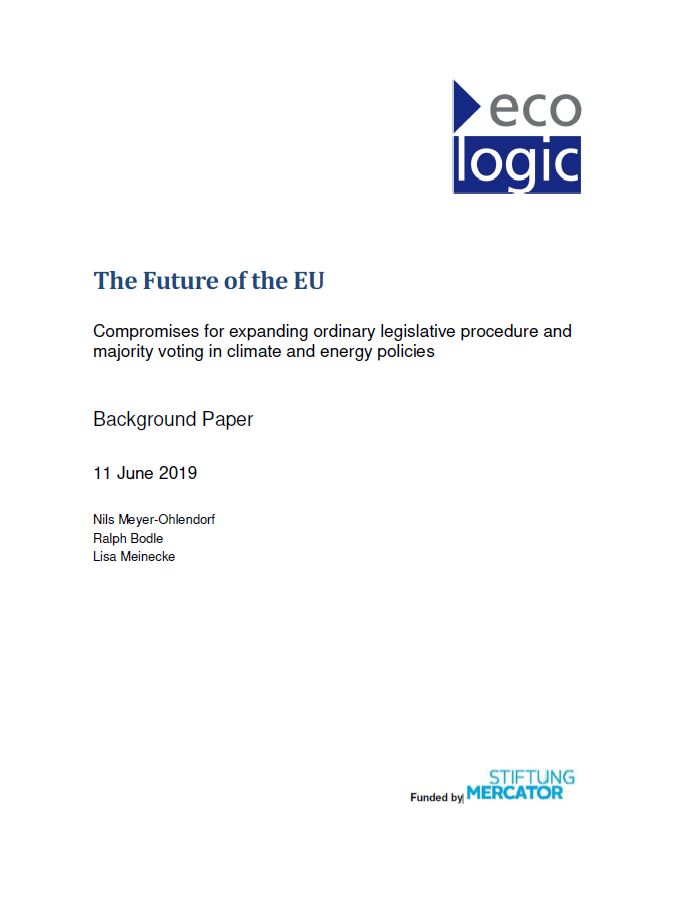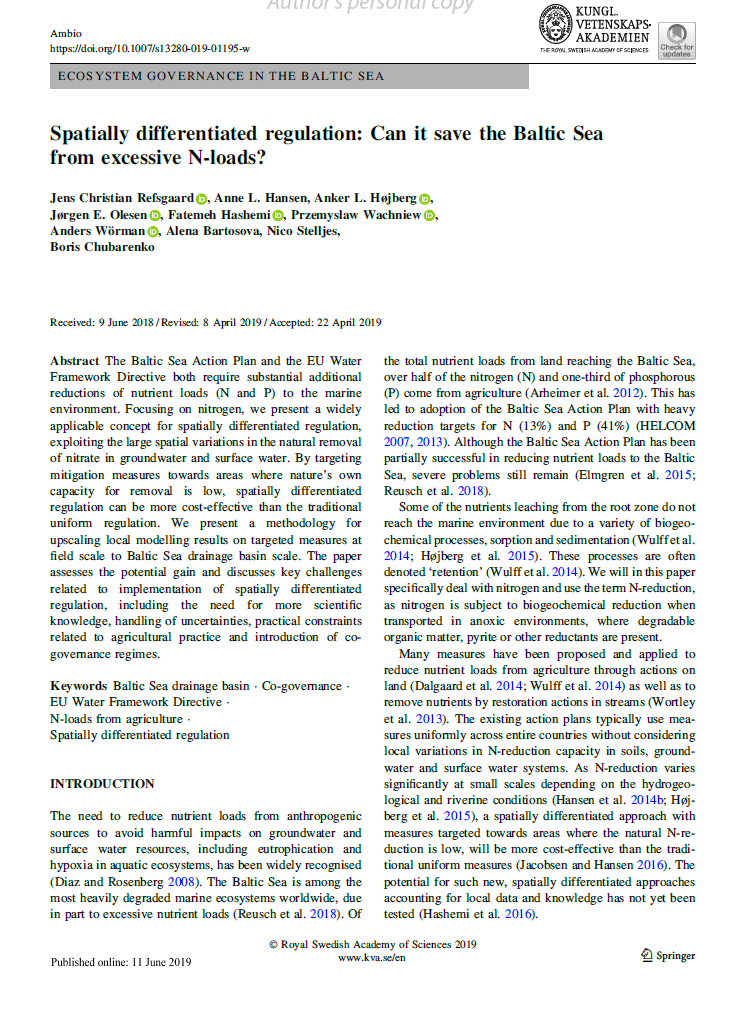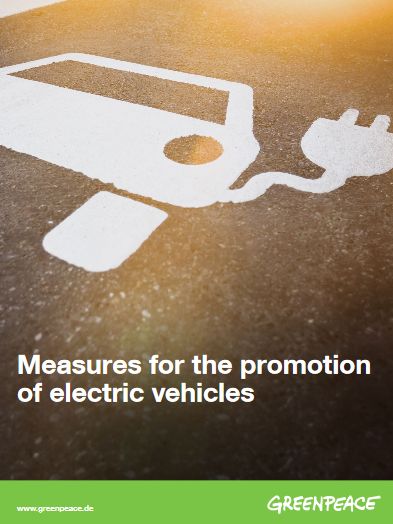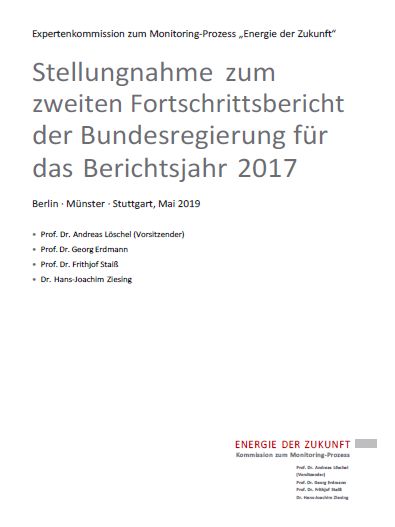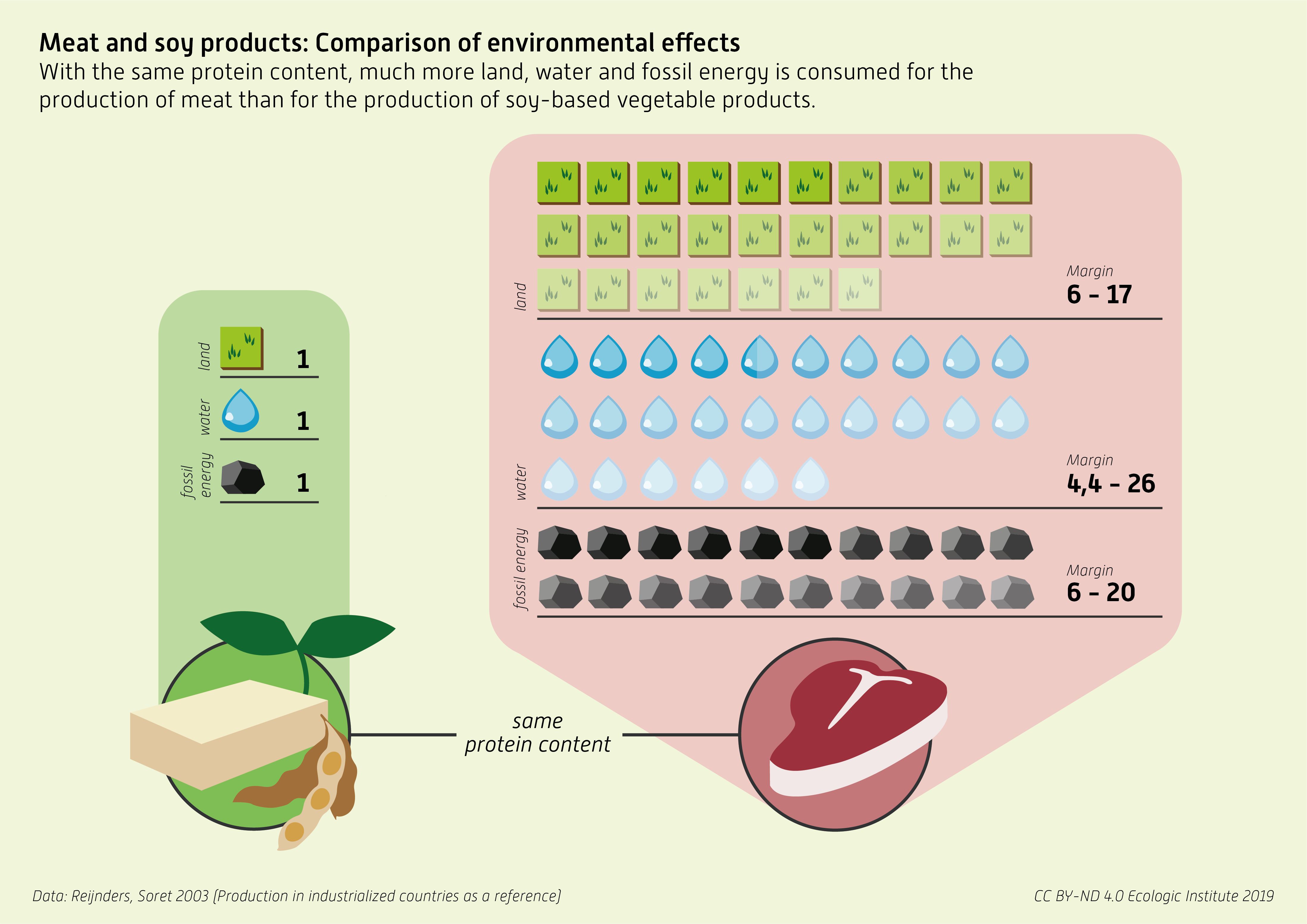Publication:Website
Publication:Report
Presentation:Chairing
Publication:Report
Publication:Report
The Future of the EU – Background Paper
Compromises for expanding ordinary legislative procedure and majority voting in climate and energy policies
Year
Read morePublication:Article
Publication:Report
Publication:Report
Event:Workshop
Publication:Infographic
Publication:Article
Integrating User Preferences into Urban Green and Blue Infrastructure Planning
Insights from Halle, Germany and Stockholm, Sweden
Year
Read morePresentation:Speech
Presentation:Speech
Presentation:Chairing
Presentation:Speech

